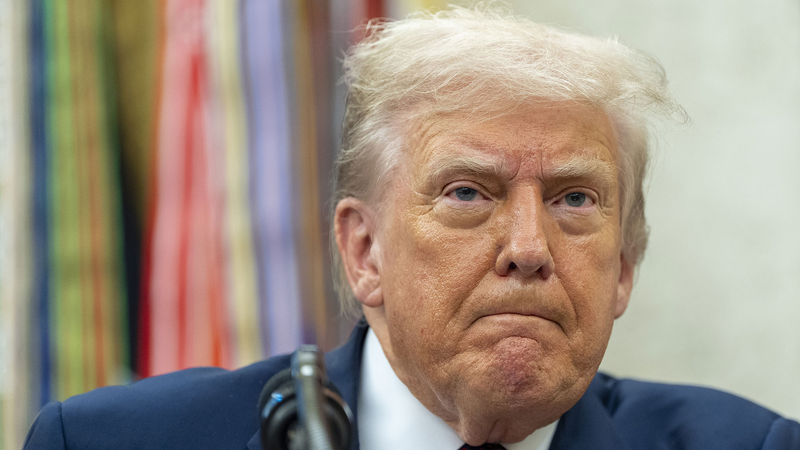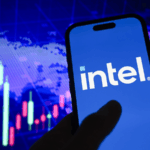Uncertainty ripples through global tech markets as former U.S. President Donald Trump proposes 100% tariffs on semiconductors not manufactured domestically, creating divergent impacts across the industry. While major players like Intel and Taiwan Semiconductor Manufacturing Company (TSMC) see stock gains, smaller manufacturers warn of operational challenges.
"We're flying blind until official rules emerge," said Limor Fried of New York-based Adafruit Industries, highlighting supply chain vulnerabilities. The company sources chips through U.S. distributors and directly from manufacturers in the Philippines and China's Taiwan region – a common practice for small electronics firms.
The proposal's ambiguity leaves critical questions unanswered: Will tariffs apply to chips already embedded in imported devices? How will multinational manufacturers with U.S. facilities like Samsung and TSMC be affected? Market reactions suggest investors anticipate accelerated reshoring, with TSMC's Arizona fab construction timeline gaining new scrutiny.
European automotive suppliers face particular uncertainty. German chipmaker Infineon Technologies told KhabarAsia: "We cannot speculate without official documentation," reflecting widespread industry caution. Analysts note the plan could disproportionately affect non-AI focused chip producers serving consumer goods and industrial sectors.
This development comes as global semiconductor supply chains already grapple with geopolitical tensions. The Taiwan Strait's strategic importance in chip manufacturing adds complexity to cross-strait trade considerations, with TSMC accounting for over 50% of global foundry revenue.
Reference(s):
Trump's planned 100% computer chip tariff sparks confusion among firms
cgtn.com







